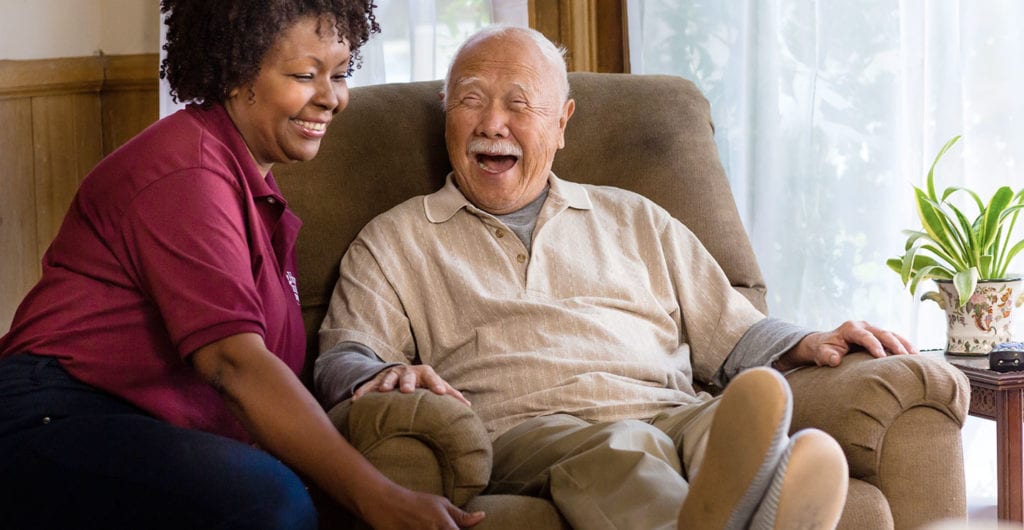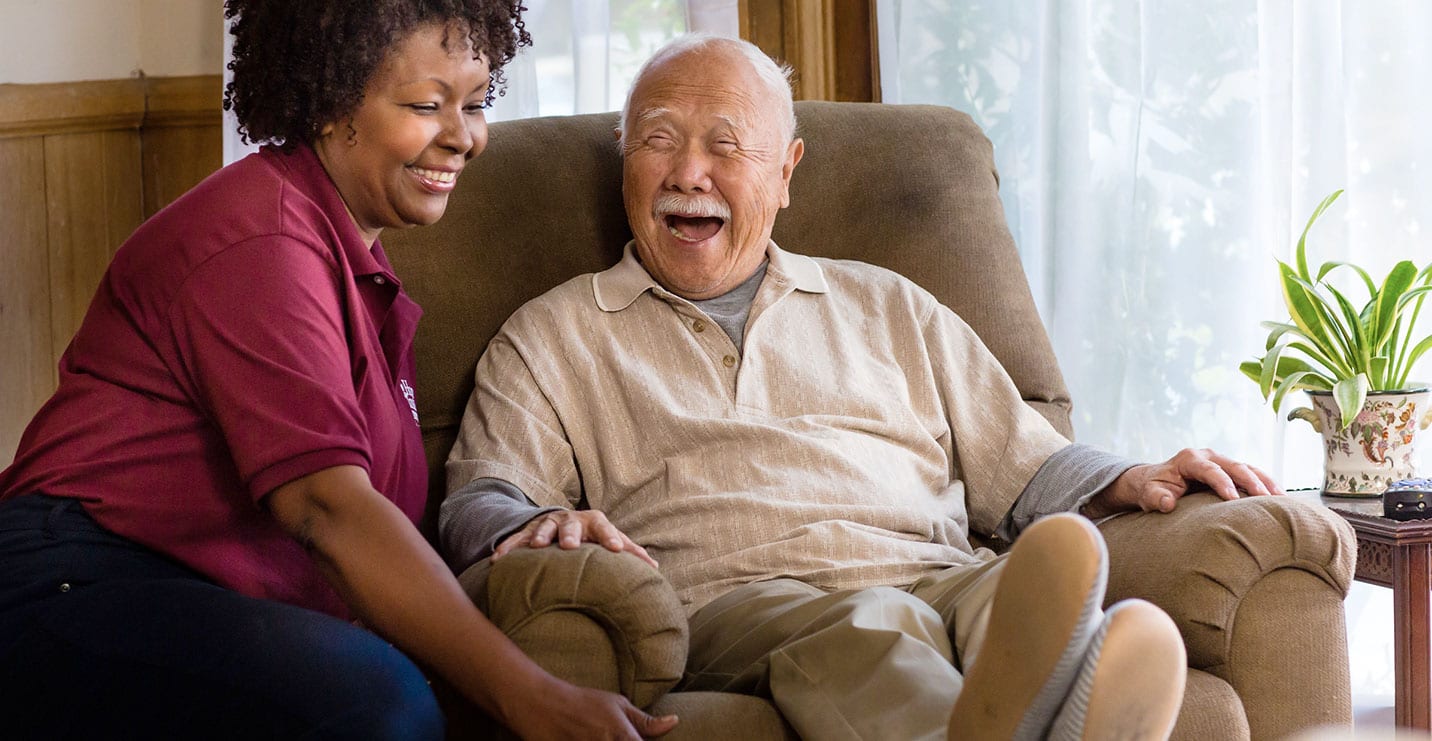
As we get older, it can be a common misconception that life is easier in every facet. However, although mental health has been observed to improve as we age, mental and physical wellbeing are as crucial in older individuals as they are in our youth. The difference is that most older generations don’t always like asking for help. The emotional needs of these older individuals is however critical to a better quality of life, especially in aged care. Addressing the emotional needs of residents in aged care should be of utmost importance to all involved. It doesn’t have to be a complicated approach, as simple initiatives can make a big difference.
Finding Assistance
One of the more commonly understood issues facing older populations is the feeling of no longer fulfilling socialisation needs after retirement. This, coupled with an increased risk of physical limitations compared to other age brackets, means that support systems and networks are vital. Over time, we have seen an increased need for aged care jobs to be expanded and reworked to better accommodate the needs of aged care residents. Luckily, with a 19% increase in the community and personal service occupational group between 2011 and 2016, a number that continues to rise, aged care assistance is now more accessible than ever.
Mental stimulation
Mental stimulation is a very important factor in overall mental health for older individuals. Because of this, creating that spark mentally can be crucial for their emotional needs. Activities which evoke that mental stimulation such as trivia, trips to the library or even educational seminars are crucial to engaging an individual emotional self. Varying topics and locations outside of their day to day can really help stimulate and challenge people to continue learning and developing into older age.
Physical fitness
Whilst the physical aspect of a fitness routine may seem counterintuitive to emotional needs, it is actually to the contrary. Physical activity has been shown to create better mood, better sleep and even improved eating habits, all of which contribute to the emotional balance. In older individuals, this is no difference. The physical activity which can be achieved may be different, but the outcome or effect on the body and mind is the same. We encourage residents to get involved in walking trails or low resistance aerobic exercise such as water aerobics. These simple activities can make a significant difference to an individual’s emotional balance.
Diet
A well-balanced diet has been shown to have a dramatic impact on emotional wellbeing. In older age, the body requires certain foods, minerals and vitamins. If those requirements are not satisfied then it can be detrimental to both physical and emotional healthy. Ensure a balance of healthy and vitamin rich foods to keep a healthy balance in the brain. We all know the old adage about older people and their love for sweets, but making sure a balanced diet is achieved is crucial to their emotional needs, as well as their physical. Balancing protein with their energy needs can be a tough challenge, but getting it right will result in emotionally intelligent and balanced residents.
As we age, it is easy to think that life will take care of itself. After all we have put the hard work in, surely it is plain sailing from here. However, the need to balance our emotional and physical needs doesn’t stop. In fact, it can actually become more important as we age. For aged care residents, the above are simple ways to ensure that the emotional needs are met for a healthy life.
